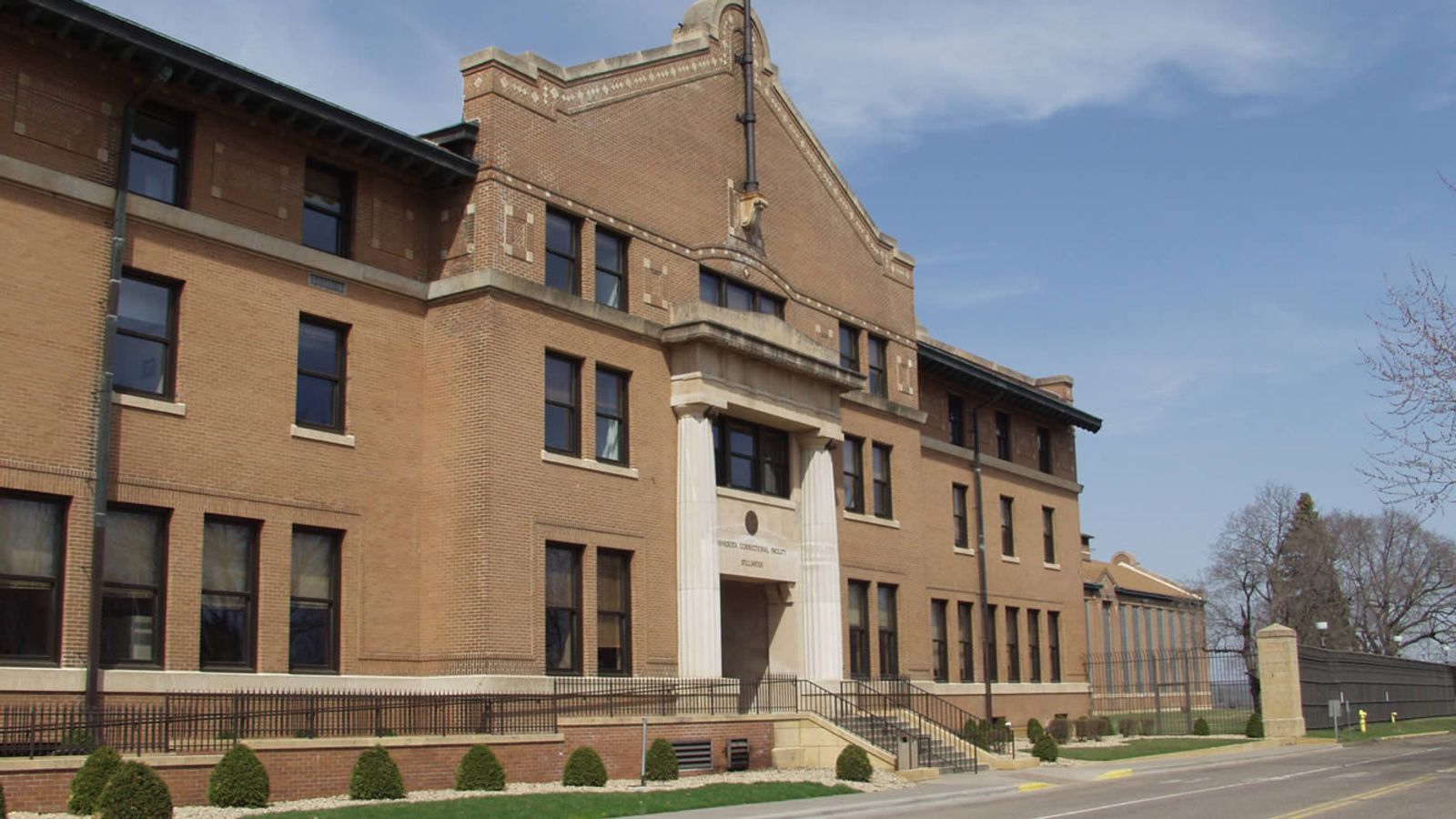Minnesota jail reaches resolution with around 100 prisoners who refused to return to cells


A US jail has “resolved without incident” a situation involving about 100 prisoners who had refused to return to their cells.
Members of a crisis negotiation team were sent into the Stillwater prison in the state of Minnesota on Sunday after it was put on emergency lockdown.
A spokesperson for the state’s Department of Corrections said the special operations response team had been deployed “out of an abundance of caution” but that the situation was now “calm, peaceful and stable”.
They said inmates in one unit had “indicated dissatisfaction” because the facility had to limit prisoners’ time out of their cells due to under-staffing.
The executive director of the union representing Stillwater’s correctional officers, Bart Andersen, said the incident was “endemic and highlights the truth behind the operations of the MN Department of Corrections with chronic understaffing”.
Advocates outside of the Stillwater prison, some of whom have family members inside, said inmates were fed up with the excessive heat, lack of air conditioning and limited access to showers and ice during on and off lockdowns over the past two months.
One former inmate said the prisoners were involved in an act of “self-preservation” amid dangerously high temperatures in the region.
The area where the jail is located was under a Sunday afternoon heat warning for temperatures reaching 37.7C (100F).
Read more from Sky News:
Boy thrown from Tate Modern’s 10th floor walking again
Parenting advice YouTuber ‘would leave children at home for weeks’
Advertisement
Just over 1,200 inmates are at the facility just southeast of Stillwater, according to department records.
The facility, which was built in 1914, is the state’s largest close-security institution for men.
There is a total of seven living units at the facility, according to the Department of Corrections’s website.
The website notes the facility’s role is to provide men with “educational, vocational and industrial programming opportunities during incarceration”.